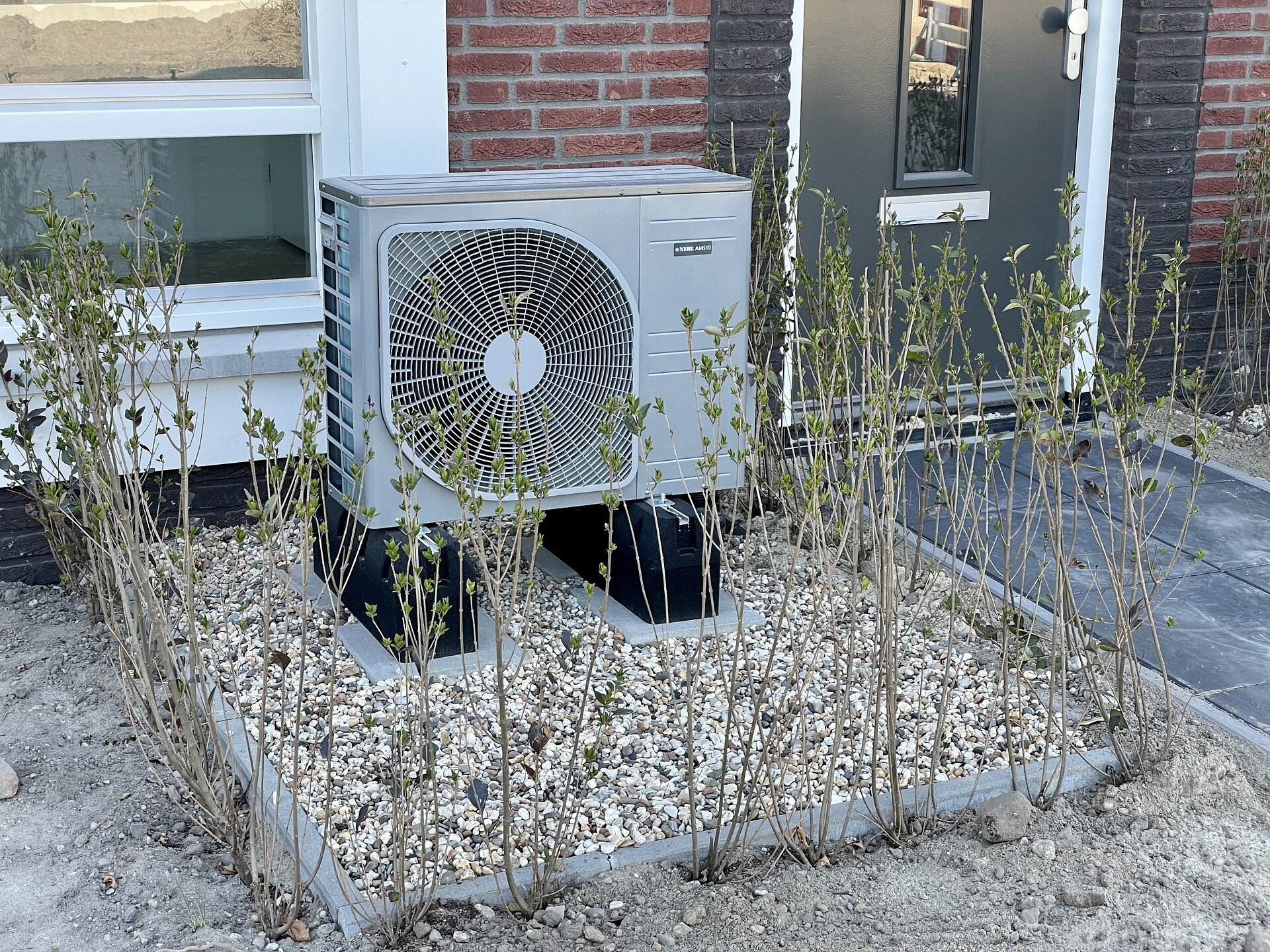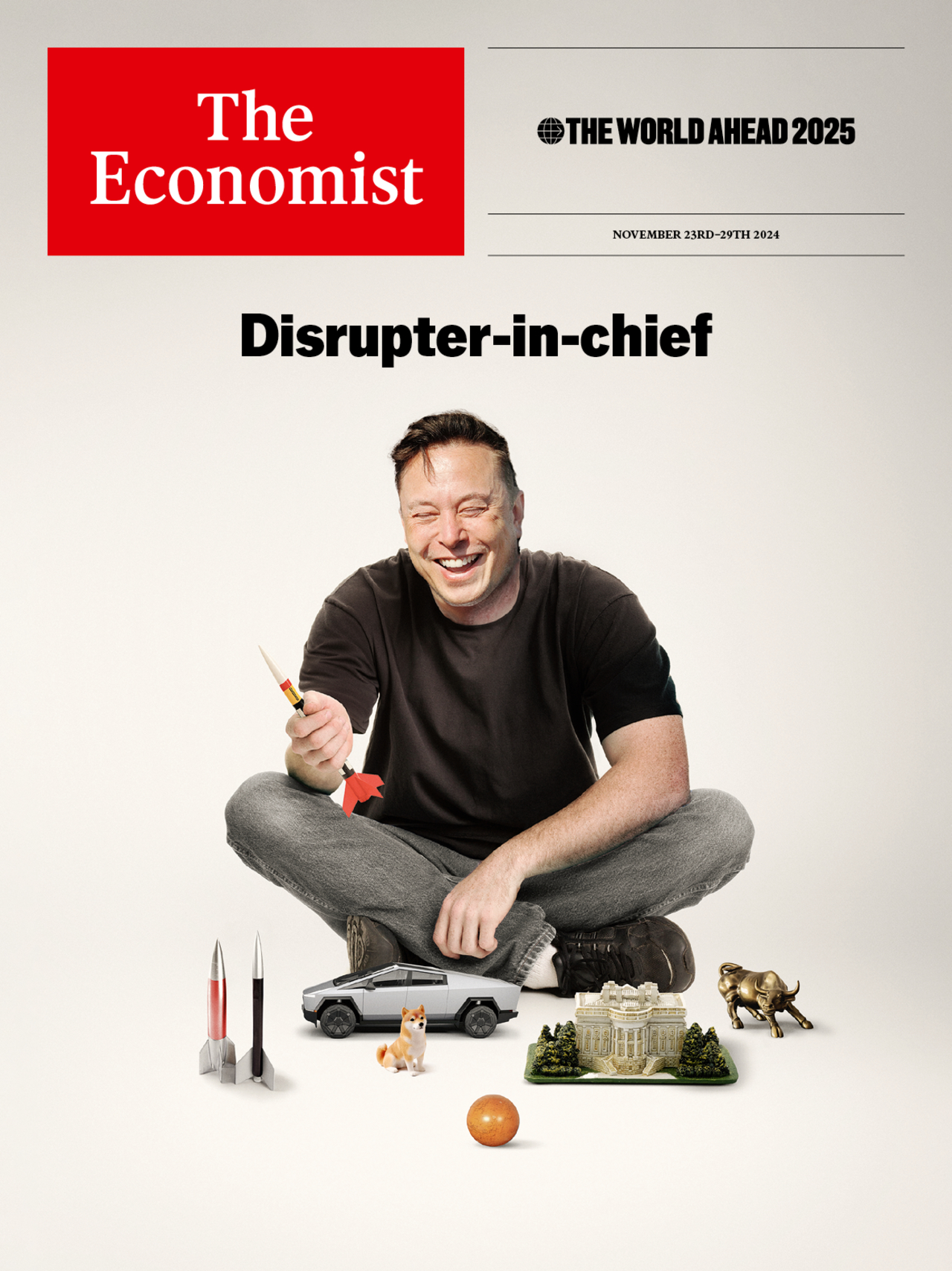The Future of Energy: Why Smart Meters Must Remain Affordable
As we venture deeper into the digital age, the importance of intelligent technology cannot be overstated. One area where this is particularly crucial is in energy consumption. Smart meters, which allow households to monitor their energy usage in real time, are instrumental in helping consumers adapt to fluctuating market prices and optimizing electricity costs. However, recent moves by the German government to increase the installation fees for these devices may derail their acceptance and hinder the transition to a smarter energy ecosystem.
Innovative solutions for modern households.
Why Smart Meters Matter
Smart meters provide numerous benefits for households, allowing for detailed insights into electricity usage. By displaying real-time consumption data, they empower consumers to make informed decisions about their energy use. As a result, families can take advantage of dynamic electricity tariffs that encourage usage at off-peak times, thus saving money. With the shift towards renewable energy sources, smart meters also play a vital role in integrating these solutions into the existing grid, paving the way for a more flexible and responsive energy system.
The Proposed Cost Surge
In an effort to finance the rollout and maintenance of this essential infrastructure, the German Federal Ministry for Economic Affairs is proposing to raise the installation costs of smart meters significantly. Currently, the installation is priced at about €30, but the new plan suggests a jump to €100. Additionally, an annual fee of €30 is set to apply for voluntary users. Given that 61% of German households support the installation of smart meters, this sudden increase poses a significant barrier to many homeowners who may wish to opt for this technology.
The impact of increased costs on consumer choices.
Consumer Concerns
Critics of the planned cost increase have expressed serious concerns regarding its potential impact on households, especially those lacking large, controllable energy-consuming devices such as electric vehicle charging stations or heat pumps. For these consumers, the tangible financial benefits of implementing a smart meter are often less evident. The proposal might create disillusionment among those who have begun to recognize the advantages of smart meters for their energy management. In fact, the Verbraucherzentrale Bundesverband (vzbv) warns that as the costs rise, trust in the energy transition could diminish.
“The increase in costs could unsettle those households that have already recognized smart meters as beneficial for their energy management.”
The Path Ahead
While the enthusiasm for utilizing smart meters remains high, it hinges on affordability. Many consumers are beginning to understand the potential benefits these devices offer, but if financial barriers continue to rise, we risk losing their trust and willingness to adopt new technologies. If the government truly aims for a successful transition to a more sustainable energy model, it must consider carefully how pricing impacts adoption and encourage citizens to invest in greener alternatives.
Facing the challenges of modern energy systems.
Conclusion
The path towards a smarter energy landscape is fraught with challenges, not least the financial implications of new technologies. As the debate continues, it is crucial for policymakers to listen to the concerns of consumers and strike a balance between funding essential infrastructure and maintaining accessible prices. After all, an energy transition that alienates households effectively undermines its very goals. To achieve the intended benefits of smart meters and the integration of renewable energy, affordability must remain at the forefront of discussions.
Ultimately, the success of smart meters will depend on consumer confidence. Let’s hope good sense prevails so that we can work together towards a brighter, more sustainable energy future.


 Photo by
Photo by 












